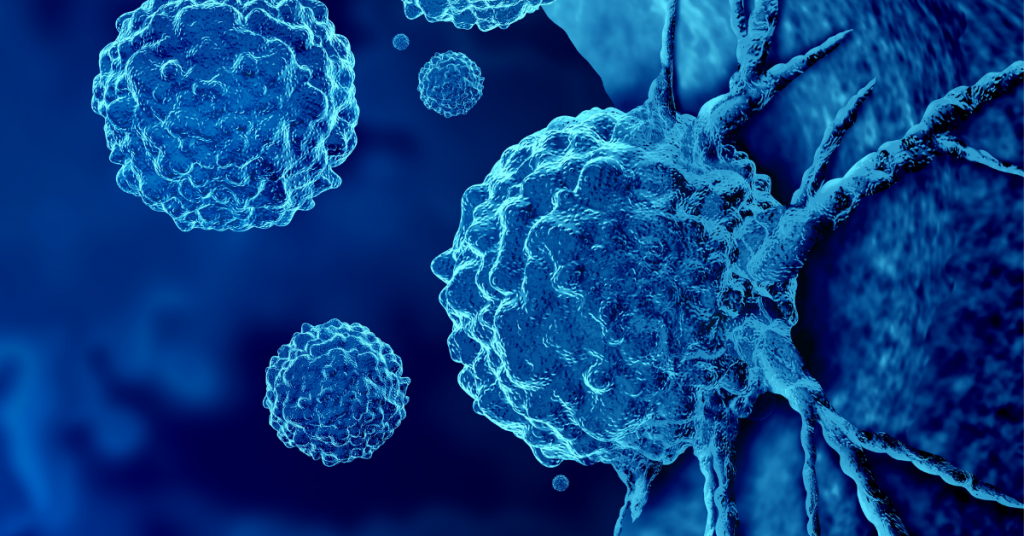Gentlemen, you’re being treated for prostate cancer, and your latest blood tests show an increase in PSA levels? What are the states of prostate cancer following treatment? It pays to know the facts. Let’s take a closer look.
Medically reviewed by Urologist-Surgeon Dr. Thierry Lebeau on 05/26/2022
A recurrence means that the cancer has come back after treatment.
If your PSA level has risen after surgery or radiation therapy, your doctor will first try to determine where the cancer cells are located. If the recurrence is local, that is, in or near the prostate, salvage treatment may be recommended, giving you a second chance at being cured.
If the recurrence is metastatic, in other words spread to other parts of the body, like the bones or lymph nodes, or if salvage treatment isn’t a possibility, your doctor may recommend hormone therapy.
Prostate cancer that can be controlled with standard hormone therapy is said to be hormone-sensitive.
Hormone therapy alone cannot cure prostate cancer, but it can reduce the size of tumors, put the cancer cells “to sleep” and control the cancer’s growth, thus prolonging your life. In some cases, hormone therapy can be given intermittently, to help decrease side effects.
A low and stable PSA level is a good sign that the hormone therapy is effective, and that the cancer is under control, a state that can be maintained for several years. However, over time, hormone therapy may lose its effectiveness, and the cancer can start to grow again, even if your testosterone level is very low. That’s why your doctor is keeping a close eye on your PSA levels. A significant increase over a short period of time could indicate a relapse, with or without metastases.
Cancer that progresses despite hormone therapy is a castrate-resistant cancer.
Non-metastatic prostate cancer that no longer responds to hormone therapy is a cancer that grows despite any tumors appearing on imaging tests. Visible tumors indicate the presence of metastases.
If this is the case, your doctor may add a next-generation hormone therapy, in the form of tablets, to your treatment. This is effective in slowing the spread of the cancer to the bones or the progression of a bone tumor, delaying the need for chemotherapy and prolonging your life expectancy.
Is your cancer progressing despite standard or next-generation hormone therapy?
Your doctor might recommend chemotherapy, radiation therapy or targeted therapy. These treatments are administered alone, in alternation, in combination or through clinical trials.
Today, research is bringing forth increasingly precise treatments, which target particular types of cancer. Furthermore, treatment protocols now include several strategies for treating the disease in advanced stages. As prostate cancer evolves, research evolves as well.
When living with prostate cancer, the more you know about your type of cancer, available treatments and possible side effects, the better control you have over the disease. Questions or concerns? We’re here for you.
Take the time to visit each of our pages on this website, as well as our YouTube channel, in order to get familiar with the disease, our expert lectures and webinars, our section on available resources, the support that is offered to you, our events and ways to get involved in advancing the cause.
You have questions or concerns? Don’t hesitate. You can chat with us or contact us at 1-855-899-2873 to discuss with one of our nurses specialized in uro-oncology. They are there to listen, support and answer your questions, as well as those of your family or loved ones. It’s simple and free, like all of our other services.
Webinar to review
Prostate Cancer: Your test preparation, procedures and results
Pages of our site that might interest you
Want to know more? Just click on the link below.
Nutrition and healthy weight
Reorganizing your life after cancer
PROCURE blog articles that might interest you
Every week we publish a blog article. Here are some for you.
What is a PI-RADS?
Tests and examinations in 5 points
Will you still love me after?
Recurrence: doctor, will I die?
Written by PROCURE. © All rights reserved – 2022



 ADDITIONAL RESOURCES
ADDITIONAL RESOURCES

